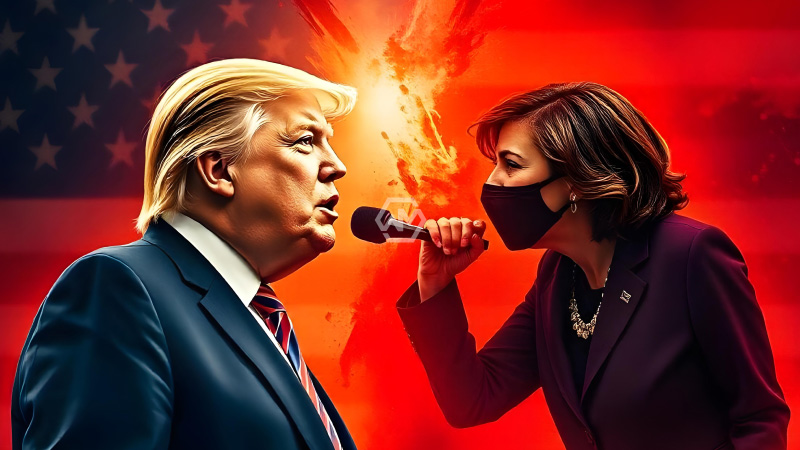- If no candidate wins 270 electoral votes, the election moves to Congress.
- The House elects the president; the Senate elects the vice president.
- Historical precedent shows a contingent election could create significant political uncertainty.
In the event of an Electoral College tie in the 2024 election between Donald Trump and Kamala Harris, the decision falls to Congress.
The House of Representatives will select the president from the top three candidates who received electoral votes, with each state delegation casting a single vote.
Navigating an Electoral College Tie in 2024
This scenario, while rare, has historical precedent, most notably in 1824. A contingent election adds a layer of unpredictability to the electoral process, as control of the House and Senate becomes critical in determining the outcome. If a deadlock persists, the current line of succession would determine who temporarily assumes presidential duties until the tie is resolved. This could lead to significant political maneuvering and delays in the transfer of power.
Simultaneously, the U.S. Senate would elect the vice president, where each senator casts an individual vote. In a closely divided Senate, this decision could become fiercely contested, with potential tie-breaking votes from key independent or moderate senators. If different parties control the two chambers, the presidency and vice presidency could end up being split between opposing political parties.
This contingent election process is not only complex but could also result in significant delays, as political negotiations and legal challenges may arise. The uncertainty surrounding such a scenario could have broader implications for public confidence in the electoral system. Additionally, the potential for a split government, with a president from one party and a vice president from another, could create new challenges for governance.
The possibility of a prolonged stalemate in Congress further complicates matters. If neither chamber reaches a resolution, the Presidential Succession Act comes into play, placing the Speaker of the House next in line for the presidency until the issue is resolved. This interim leadership could impact both domestic and foreign policy, as the country navigates a temporary, unelected administration.
A tied election in 2024 would thrust the U.S. into uncharted territory, raising serious questions about the stability of the electoral process and the potential for prolonged political and legal battles. The outcome would depend heavily on the balance of power in Congress, setting the stage for a deeply contentious resolution.
“We have this assumption that elections provide certainty, but a tie introduces a level of unpredictability that can challenge the very foundations of our democracy.”



